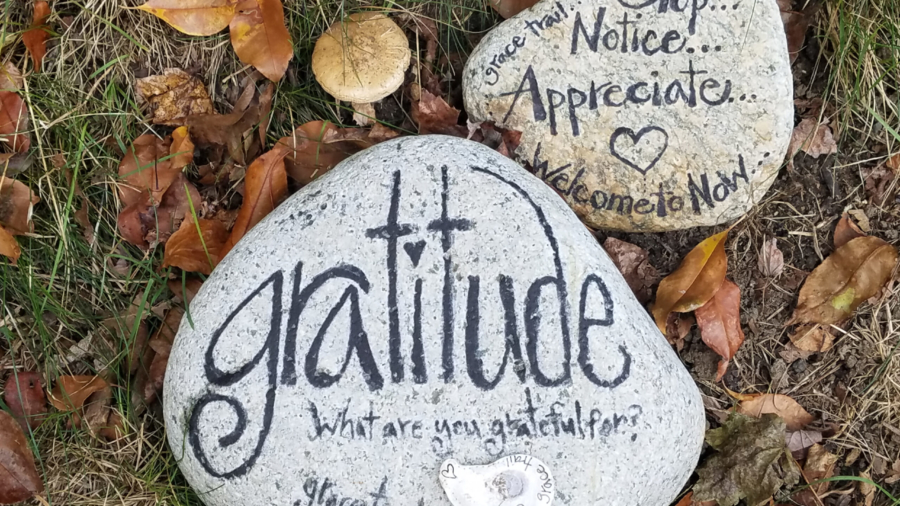Today morning, I woke up and just looked out of my bedroom window. I stay on the seventeenth floor in an apartment with big windows that always gives me an amazing view of the city. Since I live in one of the tallest buildings in my area, I can see the terraces of all the little buildings around, I can see the one, big football ground in the distance, the roads, the gardens around a hospital, the monorail tracks, the overhead bridges, the flyovers and, of course, all the movement on the roads. A person who loves nature may not be happy with the view due to the evident lack of greenery, but I am a city-girl through and through and the urban, city life has always provided me with comfort and filled me with a sense of belongingness. So, I woke up at six o’ clock in the morning and immediately saw the gleam of sunlight glistening and trying to peek from behind the curtains. As I pulled the curtains a little away, I noticed the emptiness outside, the absence of vehicles or people, and I noticed the sky transforming from pink to blue, and I felt this immense amount of warmth rising in my body, settling in my heart, and filling me up with a sense of joy, a feeling of gratitude. I felt so thankful in that moment, so thankful for just being alive, for feeling totally at bliss for having been given the gift of this day, and as I recognized more and more of this feeling, I could almost feel a sense of euphoria building inside me which seemed to be gleefully telling me, “What an incredible time to be alive!” Nothing special had happened, yet amidst that bubbling stillness and settled calmness, I was experiencing peace, feeling so grateful to just be present.
In that moment, there was no travelling to the past to things that didn’t go right the previous day or any recollection of the alarming numbers of cases that had been reported by the media, neither was there any worry for the future of what the rest of the day holds and what are the things I need to do and take care of, in that moment existed only stillness. Simply gratitude.
I have always been a strong advocate of harnessing an attitude of gratitude and encouraging people to practice gratitude in their daily lives. Research in the area of gratitude is still in its state of infancy, however, there have been many interesting studies that have been done. In 2010, a study done by Wood et. al.[1] assessed gratitude in first-year under-graduate students beginning University at the start and end of the first term, and found that students who were higher in gratitude reported feeling less stress, were less depressed and had higher perceived social support at the end of the first term. The findings of this study, therefore, suggest that gratitude fosters resilience in a period of life-transition. According to Robert A. Emmons, a professor of Psychology at UC Davis and a leading expert on the science of gratitude, “The practice of gratitude can have dramatic and lasting effects in a person’s life. It can lower blood pressure, improve immune function and facilitate more efficient sleep. Gratitude reduces lifetime risk for depression, anxiety and substance abuse disorders, and is a key resiliency factor in the prevention of suicide…Gratitude blocks toxic emotions, such as envy, resentment, regret and depression, which can destroy our happiness. It’s impossible to feel envious and grateful at the same time.”
What does it mean to be grateful? A lot of us murmur ‘thank you’ at least a dozen times a day: when someone gives us change, or opens the door for us, or bags our groceries, or just brings us something to our desk. How many of us have simply reduced ‘thank you’ to a mere reflex, knee-jerk reaction to simple daily interactions, often without really acknowledging the person we are thanking? How many of us find the “thank you – that was no problem” exchange easy in our daily routines (for instance, in activities like lending a pen or helping one lug around heavy bags), yet struggle to accept moments of larger generosity when it’s offered, for instance, refusing to accept a gift because it’s “too much” or not letting a dear one treat us to dinner because it’s “not necessary”? This thankfulness gap exists very much, and while one can take some time out to reflect why it’s so easy to say “thanks” in some instances, and so out of our reach in others, this post explores how we can all go beyond a murmured “thank you” to one that’s truly underpinned with gratitude.
Activity 1:
Spend the day simply observing all the “thank you” that you say. Notice how habitual your response truly is. Is it swift, automatic, or a hasty afterthought? How are you feeling when you express thanks in small transactions? Absent-minded, stressed, distracted? Do a quick scan of your body – are you already physically moving on to your next interaction, or next task?
When you’ve done that, watch yourself. The next time the instinct to say “thanks” arises, stop for a moment, and just take note. Can you name what you are feeling grateful for, even beyond the gesture that’s been extended? Only then say, ‘thank you’.
Activity 2:
Every night, just before you fall off to sleep, do the “3 Blessings Exercise” where you write down three things that went well and why they went well. This is an activity devised by Martin Seligman and others in the field of Positive Psychology to redirect our attention towards the positive. It may seem difficult in the beginning, but it does get easier if one is able to stick to this for at least a week.
Activity 3:
Think of someone who is still alive, and did something or said something that changed your life for the better…Someone who you may have never properly thanked…Someone you may still be meeting often and exchanging pleasantries or someone with whom you’ve lost touch…Today, you will express your gratitude in a thoughtful, purposeful manner by writing this person a letter of gratitude and delivering it to that person. The letter should be concrete, at least about three hundred words, and specifically mention what that person did and how it affected your life. Let that person know what you are doing these days and how you still remember their words. Make that letter sing! Once you have written this letter, send it to them – with the lockdown, emails are a good option; however, this activity works even better if you are able to deliver the letter in-person, because then you can actually see their response to your letter of gratitude.
Gratitude helps us shift our attention and time to things that we appreciate. When we are grateful, we are not blocking difficulties out, rather, we are approaching life from a different perspective. Appreciation and love always softens us. It soothes our turbulent minds by connecting us with wonderfully ordinary things that we otherwise take for granted. Practicing gratitude can keep our hearts open to the tenderness in our daily experiences. The next time you have just finished work and allowed yourself to slump on the couch, and your loved one hands over the remote to you to let you watch what you want, what if in that moment you could get out of your automatic pilot mode and just feel thankful? Or the next time someone held the elevator door just so that you could get in and not wait for the lift for some more eternal minutes, what if you could just savour that moment and expand into the state of gratitude and bliss? As we cultivate greater appreciation for what is around us, we can include being thankful for what’s inside of us. We can delight in and feel grateful for our own unique talents and strengths. Perhaps, our knack for making people laugh, or simply being an excellent listener? Or maybe, we can just thank ourselves for being able to get out of bed and making it through the day – there are days, I know, that I struggle to do even just that!
We have all spent a lot of time in our lives and energies focusing on things we do not have. What if we could reverse that, just as an experiment, and allow gratitude to reverse our priorities so that we are able to appreciate the people we have and the things we do? How would life get better if we opened into the consciousness of gratitude? How can we make it even better? What else is possible? How does it get better than that?
- Wood, A. M., Froh, J. J., & Geraghty, A. W. A. (2010). “Gratitude and well-being: A review and theoretical integration.” Clinical Psychology Review, 30, 890 – 905.

